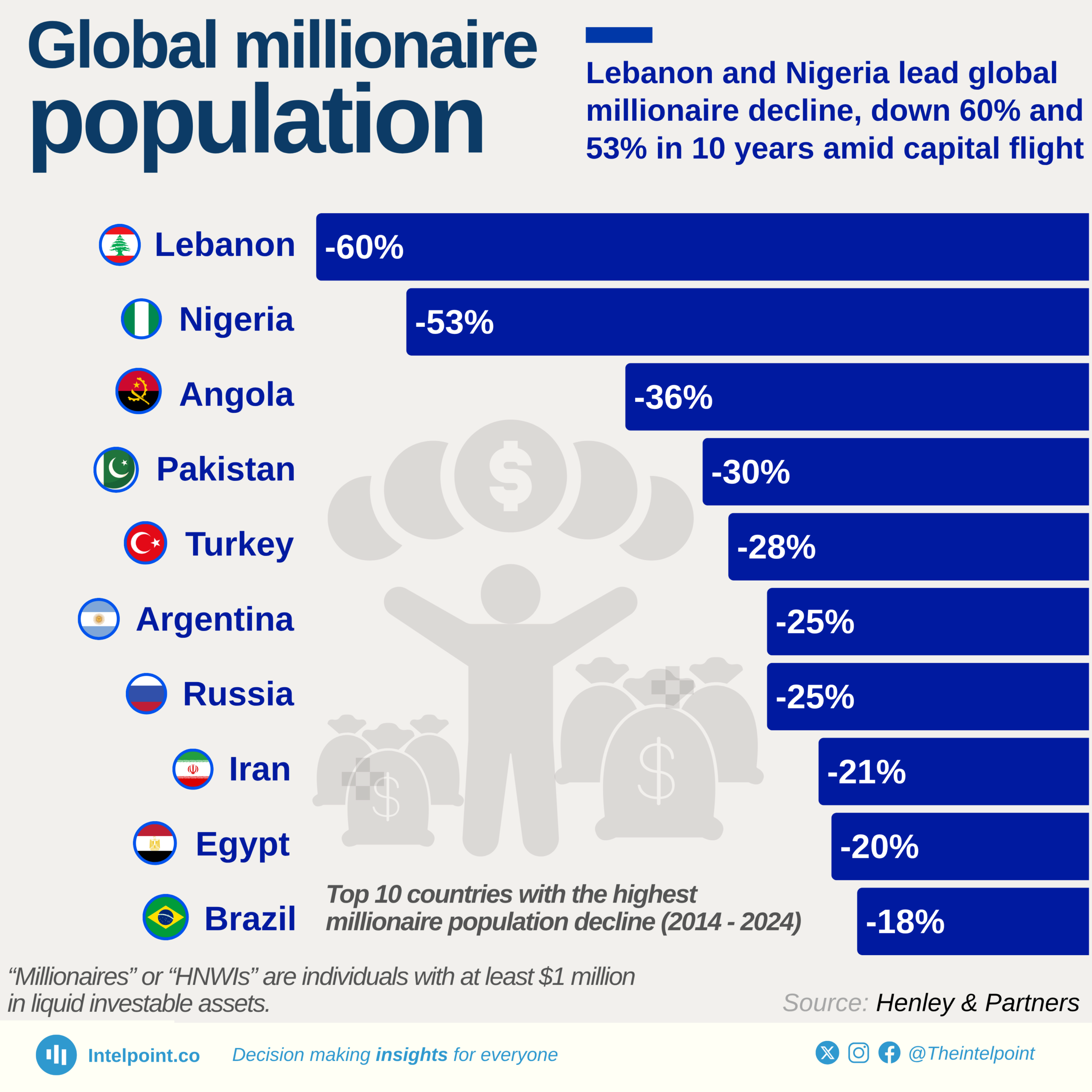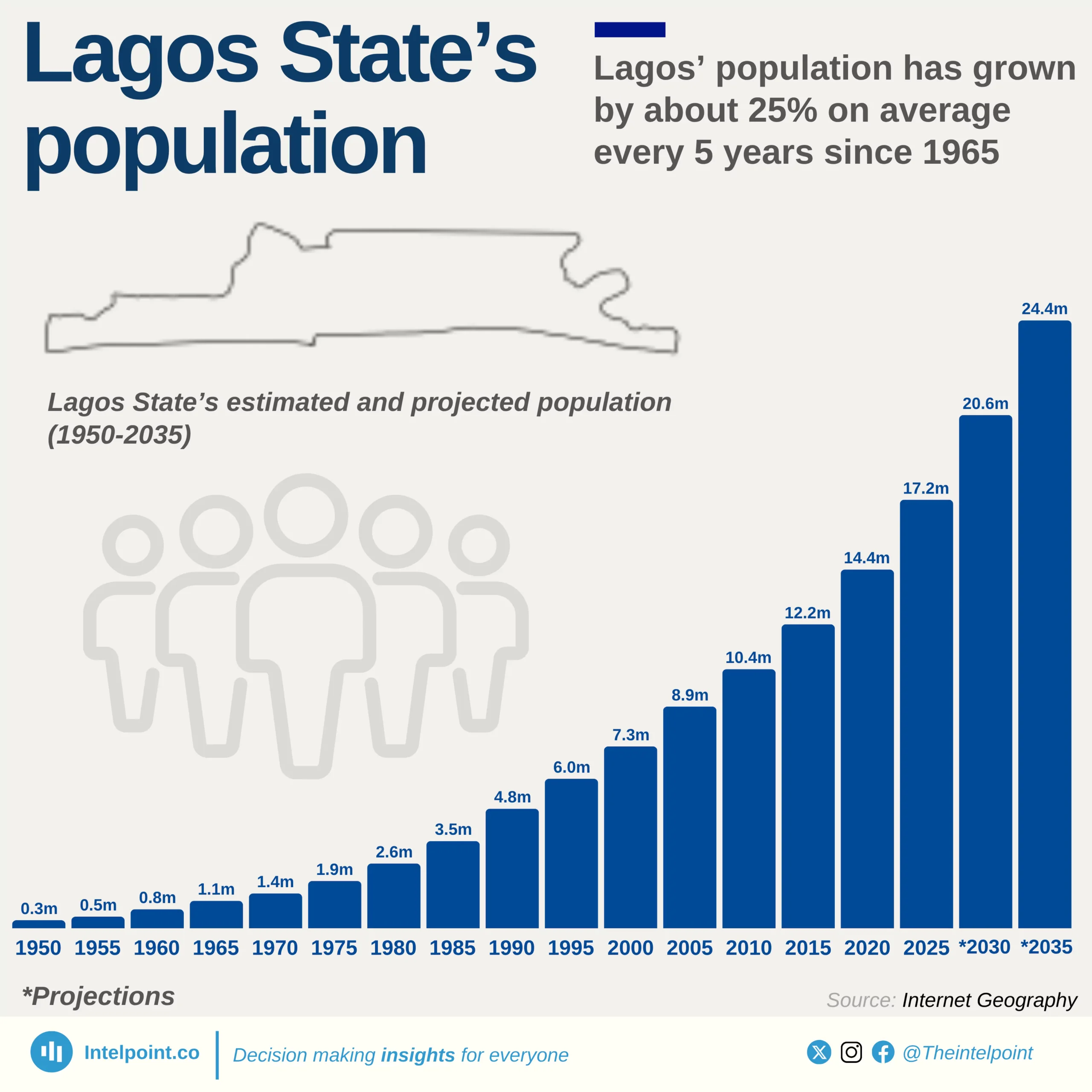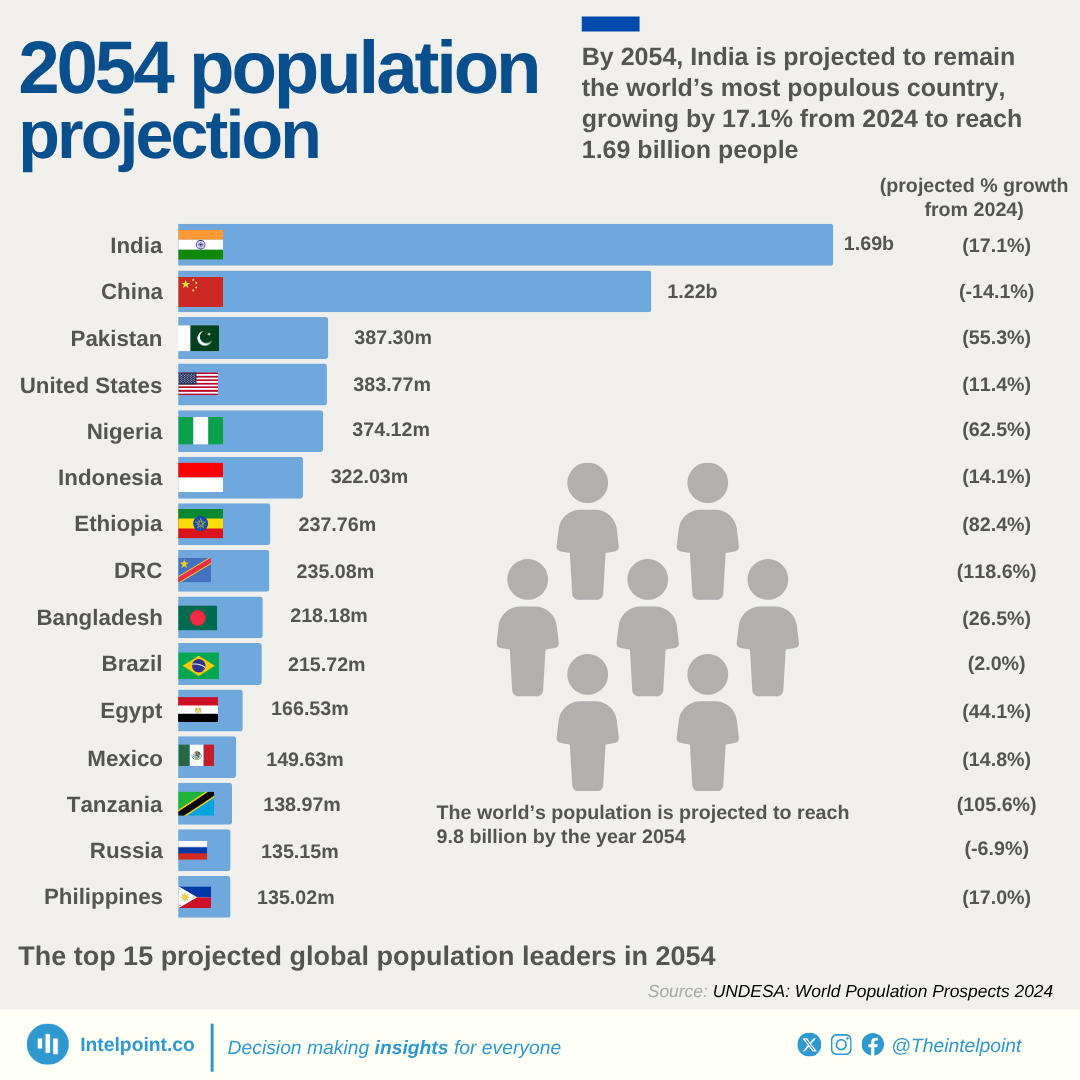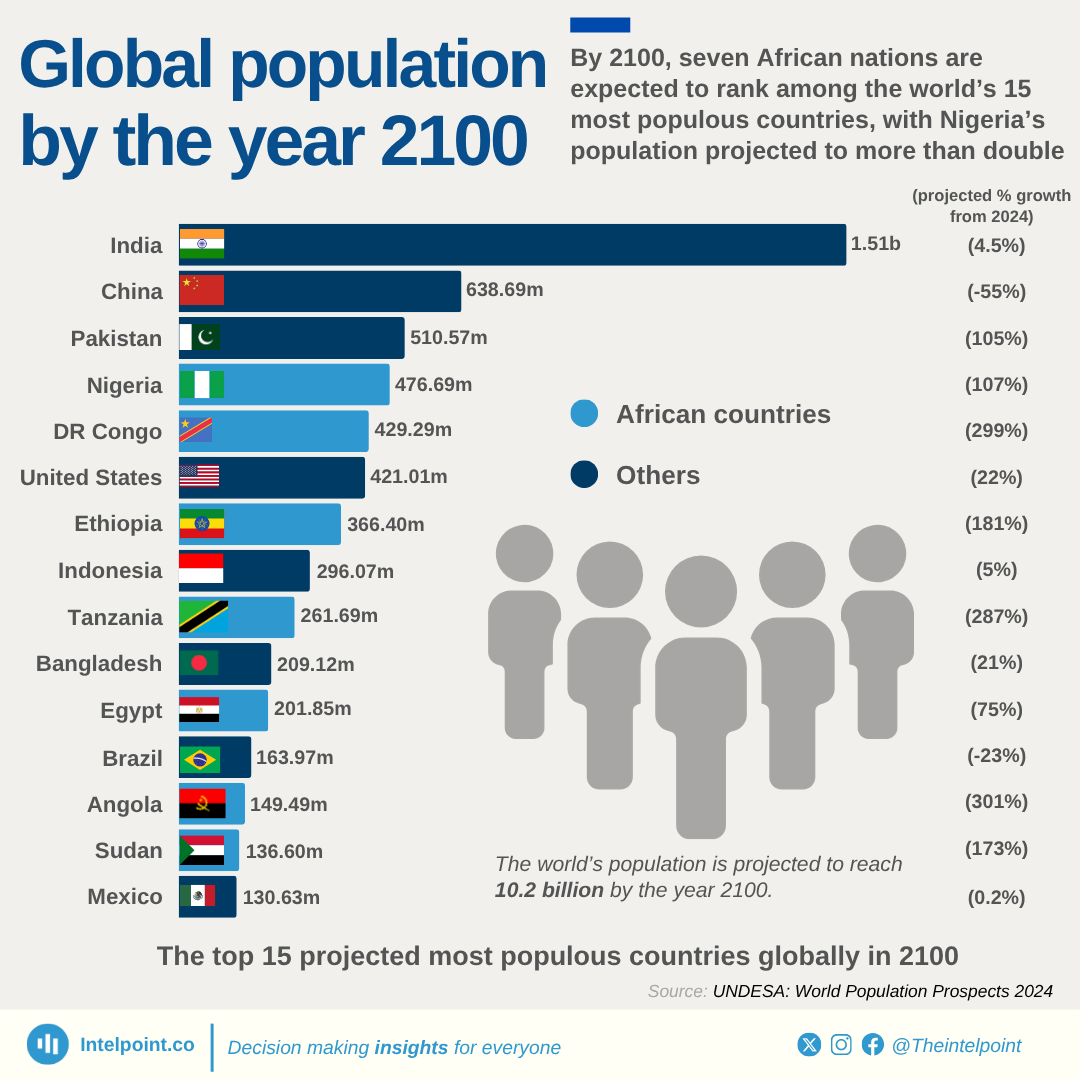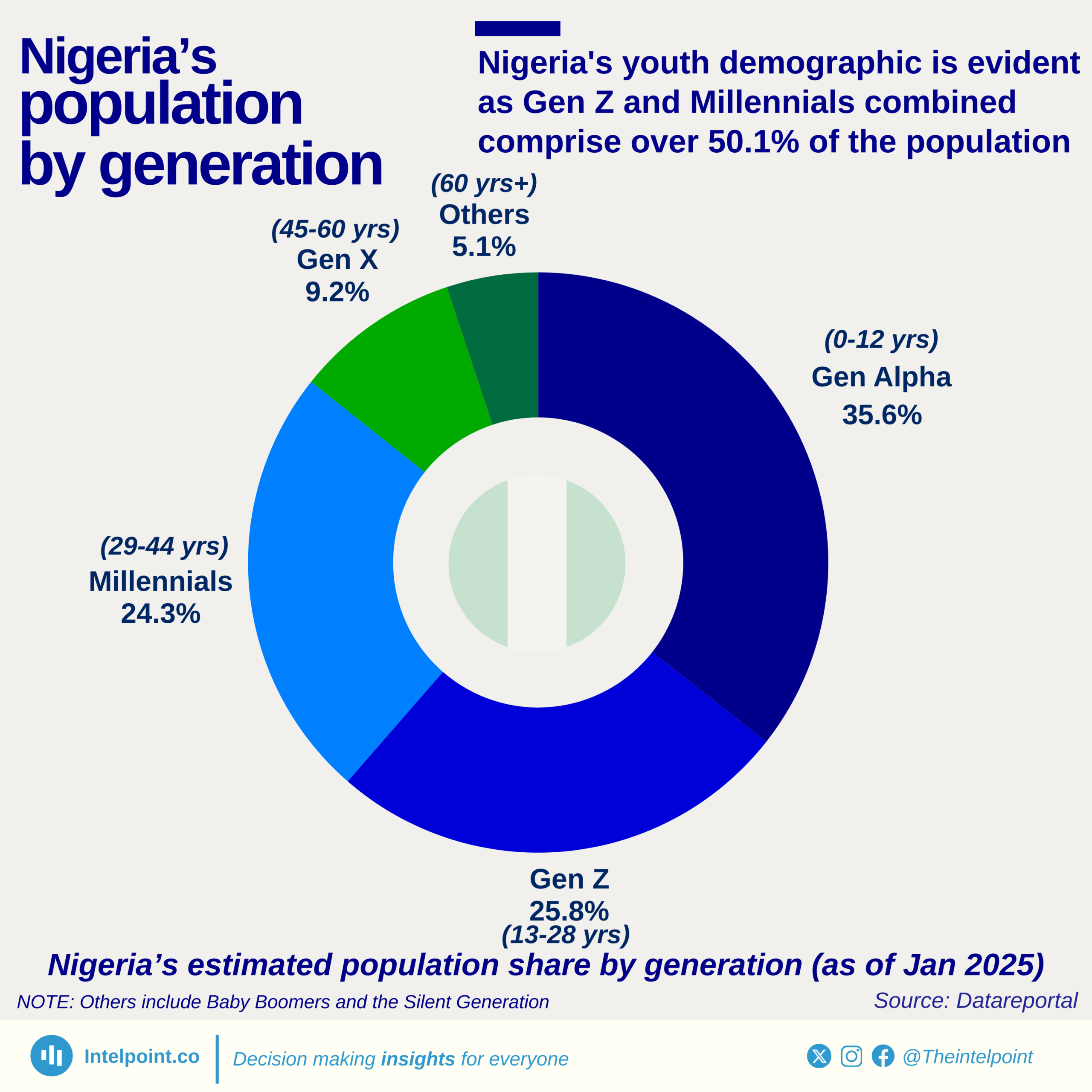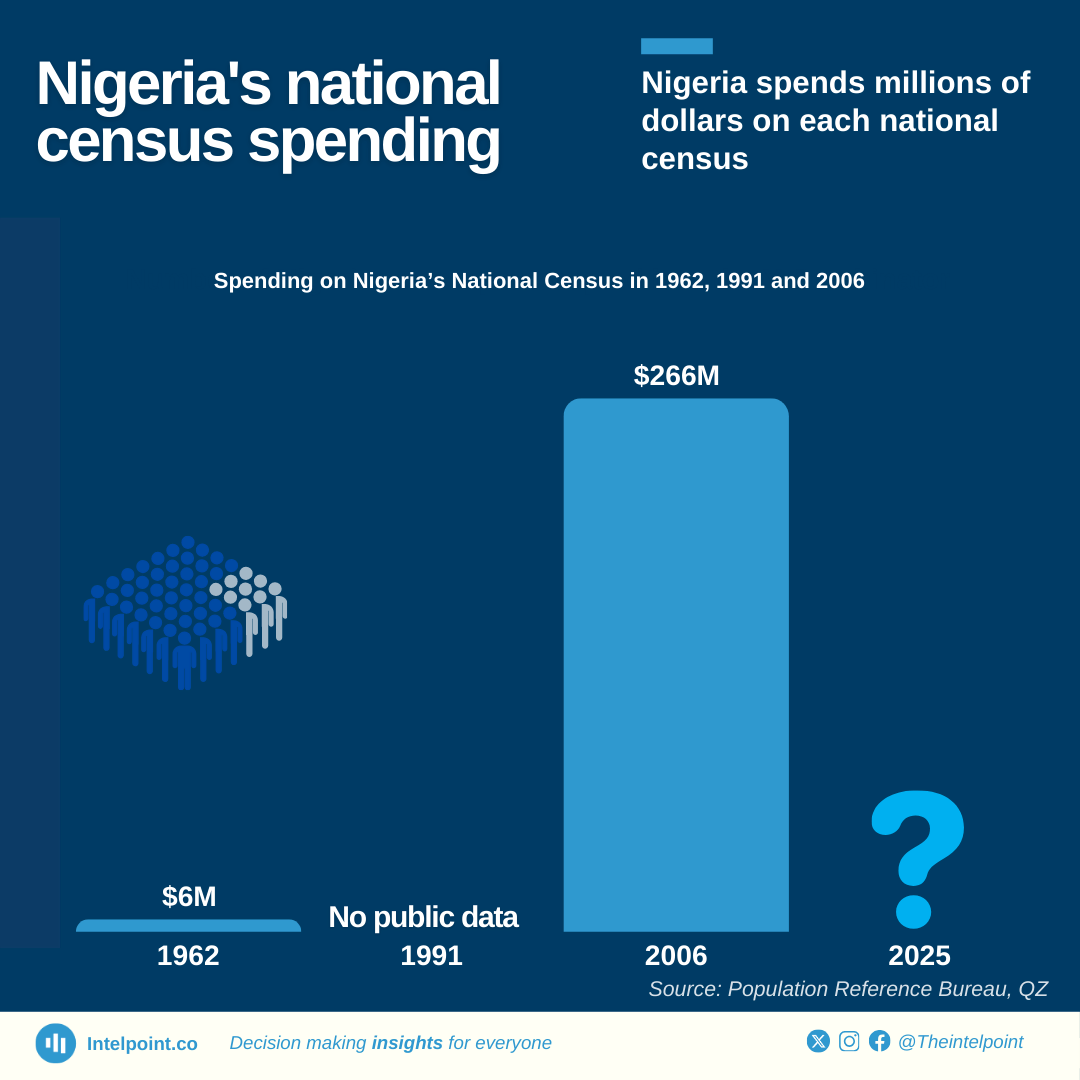The world has entered a new demographic era. Generation Alpha has surpassed all other generations, making up 24.4% of the global population. Born from 2013 onward, these young digital natives are already shaping the future with their unique consumption patterns, tech-savviness, and evolving expectations. This shift highlights a changing population dynamic and a growing influence that will define economies, businesses, and societies in the decades to come.
As Millennials and Gen Z still hold significant portions of the global population at 21.2% and 22.9%, respectively, businesses and policymakers must navigate a multigenerational world. However, the dominance of Generation Alpha is inevitable, and understanding their future needs will be key for brands, education systems, and governments alike.
